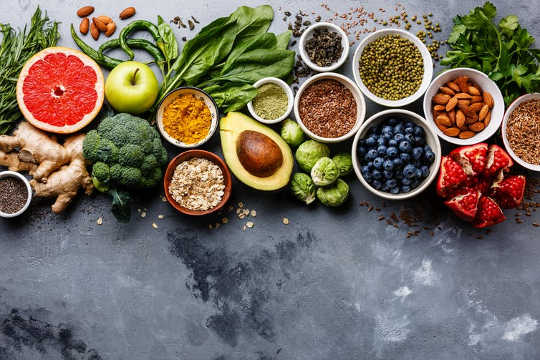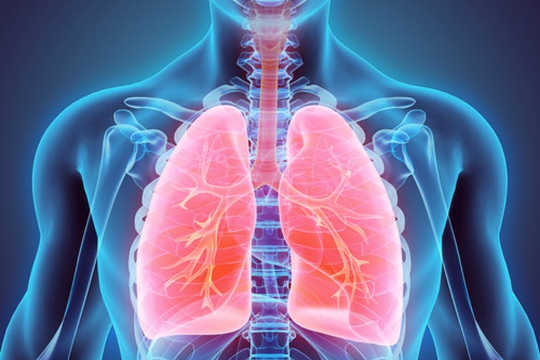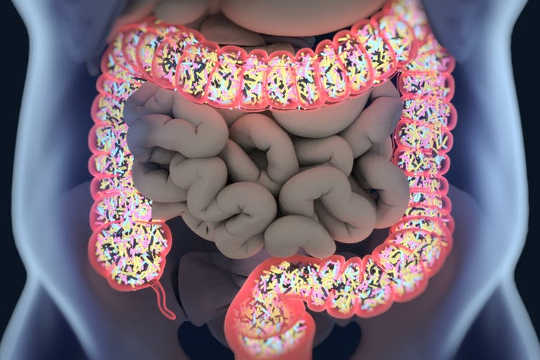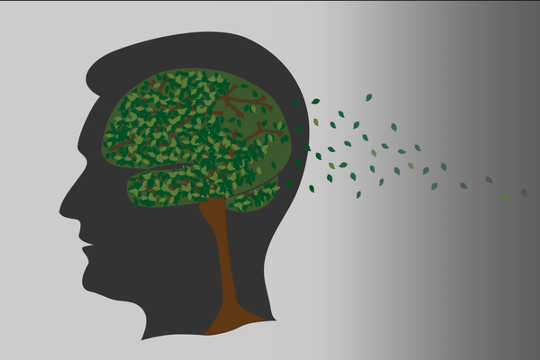- By Angie Hunt

Building muscle strength may offer a way to lower your risk of type 2 diabetes, researchers report.
- By Ian Musgrave

Glyphosate is back in the news again. The common weed killer, which has previously attracted controversy for its possible link to cancer, has been found in beer and wine.

The number of people in Australia who follow vegetarian or plant-based diets is growing rapidly. People might choose to be vegetarian for ethical, cultural or health-related reasons.

It is that time of the year again. Whilst the Southern Hemisphere is coping with the sweltering heat of the summer, cold is sweeping across the rest of the globe, bringing with it snowfalls, violent winds, and an irresistible desire to spend most of your day curling up in bed.

The often painful and stigmatizing nature of chronic inflammatory disorders, such as psoriasis and rheumatoid arthritis, can take a toll on people’s quality of life, ultimately leading to anxiety and depression.

As clocks march ahead of time on March 10, 2019 and daylight saving time begins, there is a lot of anxiety around losing the hour of sleep and how to adjust to this change.
- By Simon Cotton

Everyone loves pancakes and wants to know the secret of cooking them.

Vegetarianism is on the rise in Australia, as many vegetarians will gladly tell you.

For the past decade we’ve consistently heard antibiotics don’t work as well as they used to
- By Alison Jones
![]() Without following a particular diet, overweight people in a new study who tracked what they ate with a free smartphone app lost a significant amount of weight.
Without following a particular diet, overweight people in a new study who tracked what they ate with a free smartphone app lost a significant amount of weight.
- By Zoosh

If you are seeking someone to lead you to physical mastery, seek no further than your own physical body. Look to your ancient tribal cultures, not only in North America, but in South America, Africa, Australia, New Zealand. These people know, whether they tell you or not, how to live in harmony.
- By Yasmin Anwar
 Neural glitches in the sleep-deprived brain can intensify and prolong the agony of sickness and injury, research finds. The findings, published in the Journal of Neuroscience, help explain the self-perpetuating cycles contributing to the overlapping global epidemics of sleep loss, chronic pain, and even opioid addiction.
Neural glitches in the sleep-deprived brain can intensify and prolong the agony of sickness and injury, research finds. The findings, published in the Journal of Neuroscience, help explain the self-perpetuating cycles contributing to the overlapping global epidemics of sleep loss, chronic pain, and even opioid addiction.
- By Matti Wilks

The world is in the grips of a food-tech revolution. One of the most compelling new developments is cultured meat, also known as clean, cell-based or slaughter-free meat.
- By Sonia Jones

It's important to learn to "read" the feet because there are several physical conditions that need special attention. The signs we observe are the body’s way of telling us something is out of balance. Just like pain, any disorder is a warning signal. Reflexology is not a tool for diagnosis, but with some observation skills, you can discover whether the body is struggling and if it is in need of some help.
- By Leslie Orr

Soybean oil may be better than fish oil for reducing cancer-related fatigue in breast cancer survivors, according to a new study.

Lungs are remarkable organs that continuously achieve amazing feats, which they do so well that we take them for granted, except when their function is diminished.

Hospitalization for an infection might leave you at greater risk for mental illness, according to a recent study published in JAMA Psychiatry, which draws on data from youth in Denmark up to the age of 17 years.
- By Mark Michaud

How deep we sleep can affect our brain’s ability to efficiently wash away waste and toxic proteins, new research suggests.
- By Adam Taylor

The human body has a large surface area that is in contact with the outside world, much of this comes from the body’s largest organ – our skin – which protects us from a variety of potential threats.
- By Khayla Black

Whether it be forgetting 20 years of your life or having the same conversation every five minutes only to forget it each time, memory impairment can take a large toll on everyday life.

Too much sitting has long been criticized for contributing to premature mortality, Type 2 diabetes, and a host of other illnesses.

Of the four million prisoners released each year, 23 percent suffer from depression but don’t receive treatment while incarcerated, according to a new study.

















